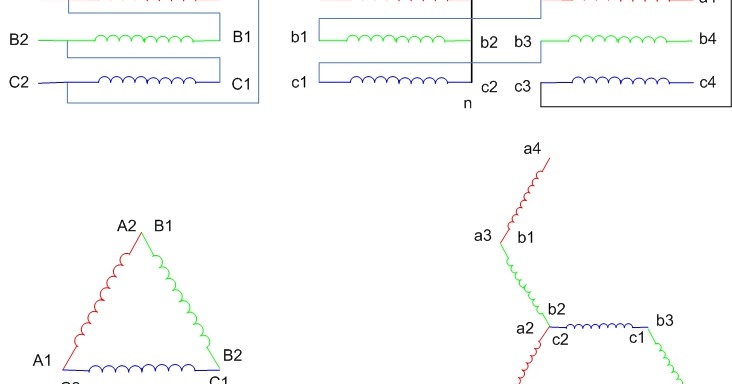
Therefore, early stopping of iterative decoding needs to be adopted.

In hybrid automatic repeat request systems, most of computation power is wasted on failed decoding if a codeword is retransmitted many times. Under severely unreliable channel, decoding of error‐correcting codes frequently fails, which requires a lot of computational complexity, especially, in the iterative decoding algorithm. Particularly the proposed cyclic shifted interleavers are shown to provide superior performance with zigzag codes compared to other interleaving schemes such as congruential interleavers. The second proposal uses modified read out processes in intermediate steps during construction of the UMTS turbo code internal interleaver. Our first proposal is to obtain multiple interleavers by cyclic shifts and self-interleaving from a common mother interleaver. We propose two simple methods for interleaver construction which meet those requirements. Furthermore, for practical reasons, they should be constructed either from a simple equation or by simple permutations of a common mother interleaver in order to minimize the required memory for storage of the permutation pattern. The need for multiple interleavers implies a new problem in interleaver design: Multiple interleavers have to be constructed which allow good performance in iterative decoding and are mutually random. A strong code is built by concatenation of several weak high rate codes which encode differently interleaved versions of the data sequence. Concatenated zigzag codes with iterative decoding show excellent performance close to the performance of turbo codes while having significantly lower decoding complexity.


 0 kommentar(er)
0 kommentar(er)
